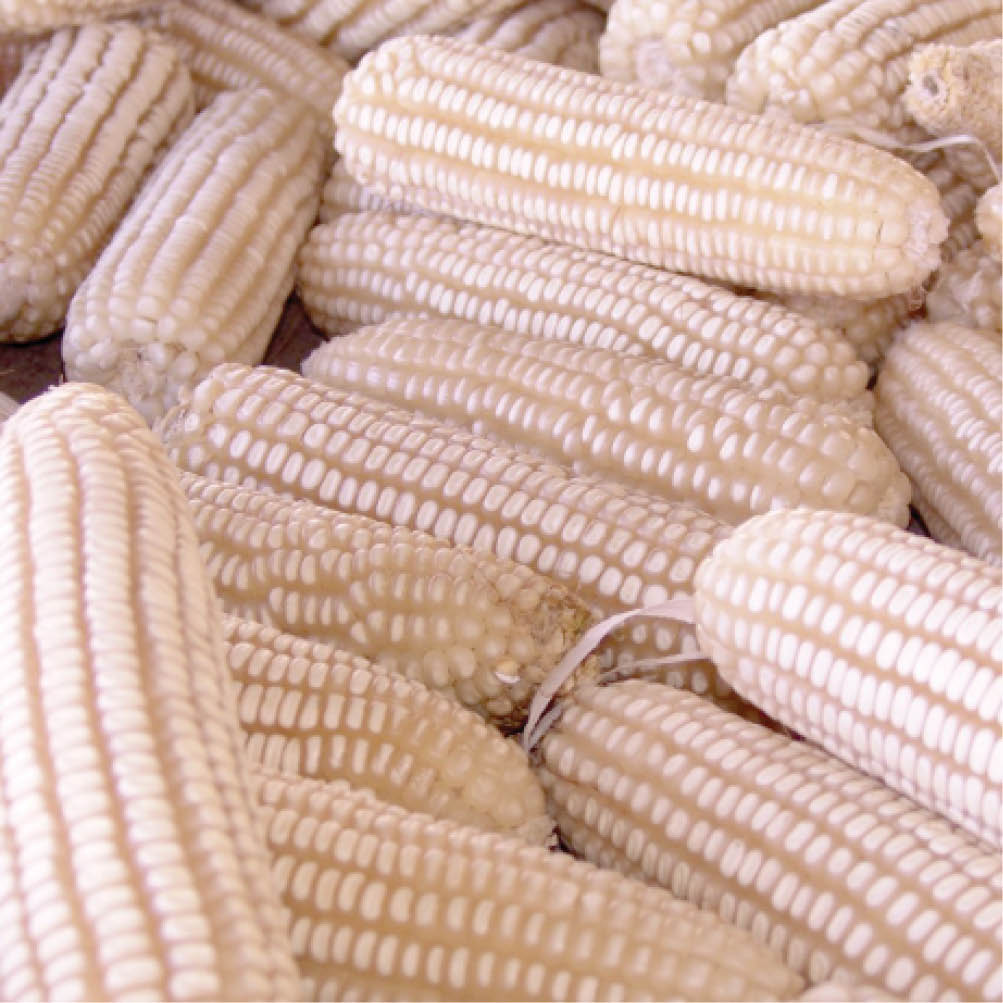Few days ago, farmers, experts and other stakeholders gathered both physically and on Zoom for a conference to discuss “Much more, maize.’’
Organised by Bayer Nigeria Limited, the Nigeria Maize Conference is an annual event that brings together stakeholders in the maize value chain to discuss challenges and proffer solutions towards maximising maize production by farmers in the country.
- Abiodun promises to clear outstanding salary deductions
- Bayelsa allocates 1,000 plots for housing scheme
The conference highlighted the widening demand gap driven by expanding poultry industry and population, major challenges that confront Nigerian maize farmers and the opportunities and technologies available to farmers to boost harvest and increase income.
The president of the Maize Association of Nigeria (MAAN), Dr Bello Abubakar Funtua, said Nigeria was producing maize 10 times more yearly now than it did at independence in 1960.
“Our yearly national production figure doubled between 1999 when the country returned to democracy and 2019. The figures in the last five years are the highest ever. This streak of high production between 2014 and 2019 has taken Nigeria to the second spot among maize producers in Africa, behind South Africa, with an average of 12.9 million metric tons per year; and then, Nigeria’s yearly average was 10.8 tons.
“Nigeria’s production figures rose from 10.1 tons in 2014 to 10.6 tons in 2015 and 11.6 tons in 2016. The country’s production figure rose from 10.1 tons in 2014 to 10.6 tons in 2015 and 11.6 tons in 2016. In 2017, the figure fell to 10.4 tons but leapt in 2018 to 11.0 tons, a figure maintained in 2019,” he said.
According to the MAAN president, in the five years under the Buhari administration, the average yearly production stood at 10.8 tons, noting that under the preceding administrations of presidents Olusegun Obasanjo, Musa Yar’adua and Goodluck Jonathan, the yearly averages were 5.5 tons, 7.3 tons and 9.0 tons respectively, indicating that the progress has been consistent in the last 20 years.
Dr Bello said the total estimated land area cultivated for maize in 2020 was about 6,048,610Ha, indicating 0.25 per cent increase over the 6,033,410ha cultivated in 2019.
However, he said, “Maize production declined from 12.6 million tons in 2019 to 12.4 million tons in 2020, representing a 1.55 per cent reduction arising from rainfall deficit (prolonged dry-spell) in the South-West and some parts of the South- East zones, flooding in some parts of the North-East and North West zones and inadequate fertiliser application on maize farms.”
With regard to the general constraints to agricultural productivity in 2020, the study showed that the global COVID-19 pandemic caused a rise in the prices of inputs averagely by over 90 per cent and shortage of farm labour by 67 per cent, among others. Moreover, flooding and drought/prolonged dry spells destroyed thousands of hectares of rice, maize and sorghum fields across the country.
The MAAN boss said other constraints included extension activities that had continued to decline, a worrisome trend since 2009, adding, “In one of the states, the Agricultural Development Project (ADP) was even scrapped and staff posted to different ministries in the state. The ADPs were generally highly understaffed and underfunded.”
The director-general of the National Agricultural Seed Council (NASC), Dr Philip Ojo, while stressing the importance of the seed sector, said over 140 varieties of maize had been released, both public and private bred, all in a bid to ensure an increase in genetics and productivity.
He, however, said that despite this huge number, which translates to the most varieties of crops released in Nigeria, productivity had not yet peaked when compared with other countries.
“Averagely, in Nigeria the yield potential of maize varieties ranges from 2.8-3.2Mt for OPV, which is very low and unacceptable if we are to maximise productivity.
“According to studies by the Dutch government-funded seed roadmap, the OPV system in Nigeria is saturated, but of course the yields cannot ensure sustainability while the hybrid maize has a seed gap of 90 per cent in 2020, which is expected to increase if concerted efforts are not taken.
“A decentralised seed quality assurance system has been proposed as one of the ways to mitigate the seed gaps challenges in Nigeria,” he said.
Experts at Bayer Nigeria Limited have identified that the key to more maize is quality seed, crop protection products and good agronomic practices.
Mr Joseph Kibaki, Bayer Agronomic operations manager (East, West and Central Africa), who coordinated the implementation of field trial programmes for the development of crop protection, including the implementation of digital methods in agronomic operations, said research had shown that Bayer maize production practices are very effective to increasing maize yield.
Mr Kibaki, who spoke on crop protection as a necessity for good agronomic practices to increase maize yield, stated that the Lagon herbicides had shown great efficacy in crop protection and increasing maize yield as witnessed at Tomato Jos, a farm in Kaduna State.
He said through recent innovative and agronomic practices, Bayer had products to increase the yield of maize, which local farmers can also adopt.
Speaking virtually on good agronomic practices to increase the productivity of maize, Dr David Wangila, a market development regional manager, Bayer Crop Science in sub-Saharan Africa, highlighted many reasons maize farmers recorded low yield, while pointing at ways to increase yield.
Many experts at the virtual conference agreed that the country’s maize productivity had been low, and identified good seed systems, crop protection mechanisms and good agronomic practices as the best ways to increase farm yield. The experts at Bayer believe they have the solutions farmers are looking for.

 Join Daily Trust WhatsApp Community For Quick Access To News and Happenings Around You.
Join Daily Trust WhatsApp Community For Quick Access To News and Happenings Around You.


